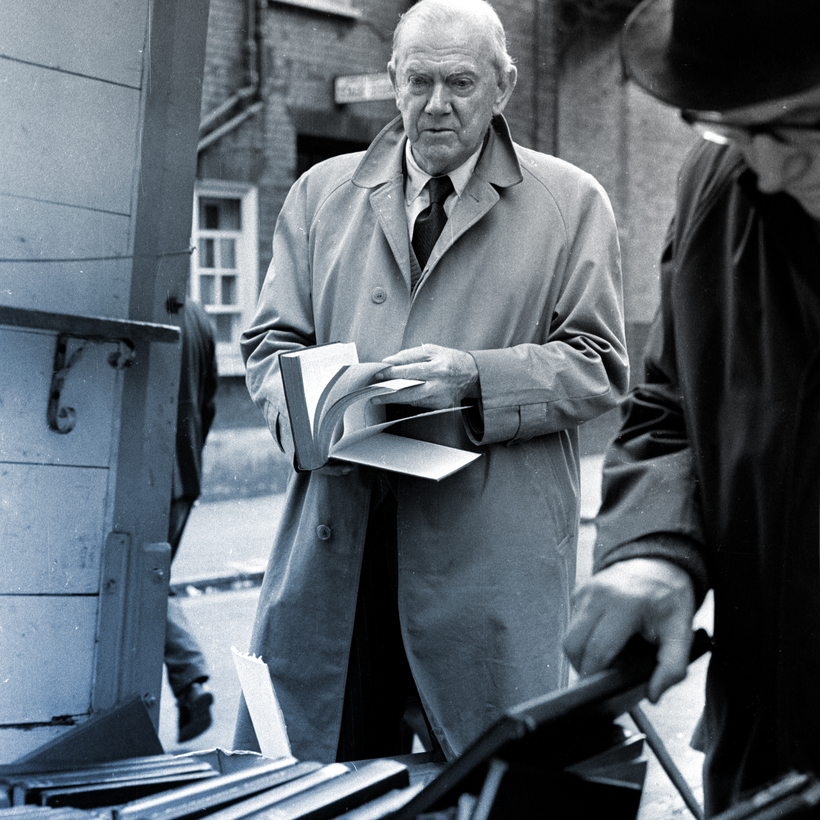Guarded by Dragons: Encounters with Rare Books and Rare People by Rick Gekoski
You don’t have to venerate literature to be a book dealer. Rick Gekoski candidly admits he did not much like his time as a lecturer in English literature at Warwick University, “being required to be excited about Keats, in my private little room, from 2pm-3pm on Tuesdays made me feel like a hooker … it felt phoney, forced, stale”. Speaking as a former Oxford don, I can only agree.
Gekoski has derived much more manifest pleasure from the buying and selling of books. For example, in the late 1980s, splashing out $24,000, he once acquired a volume of TS Eliot’s poetry, inscribed by Eliot to Paul Valéry. He sold it later the same day for $37, 075. In 2002, the selfsame copy went for $101,575 at Christie’s.

